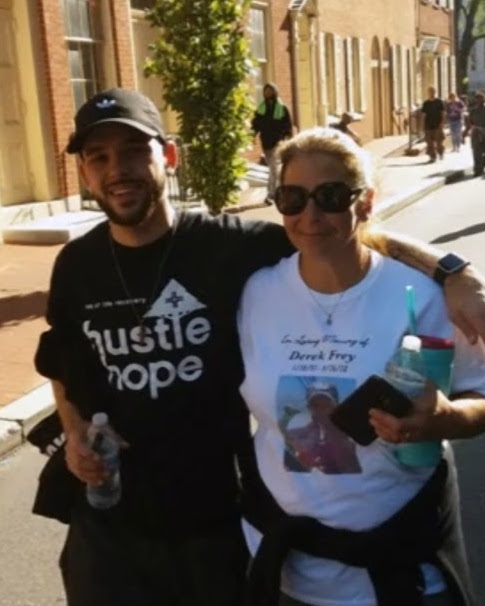
Margaret Dooley-Sammuli at (213) 291 4190 or Tommy McDonald at
Capitol leaks say a state budget deal has been struck, just two days after the federal three judge panel tentatively ruled that prison overcrowding has caused the system’s unconstitutionally inadequate healthcare. Advocates of prison reform today called on Sacramento lawmakers to ensure that prison overcrowding solutions are a part of the forthcoming budget.
“California’s budget and prison overcrowding crises are inextricably linked — and so are their solutions. We must spend our limited criminal justice resources more wisely, as experts have been recommending for decades,” said Daniel Abrahamson, director of Legal Affairs for the Drug Policy Alliance. “That means more diversion of nonviolent drug offenders, more recidivism-reduction programming, including drug treatment, and more sensible parole policies — especially for drug-addicted parolees.”
The Drug Policy Alliance sponsored a November ballot measure designed to address these crises. Proposition 5, the Nonviolent Offender Rehabilitation Act, would have cut the prison and parole populations; reduced recidivism through programming, good time credits and re-entry support; and, according to the Legislative Analyst’s Office, slashed prison spending by a net $2.5 billion. Prop. 5 failed after opponents spent nearly $3.5 million on advertising.
“In November, California had the opportunity to vote for prison overcrowding solutions and recidivism-reduction programs,” said Abrahamson, co-author of Proposition 5. “The pro-prison lobby fought off that reform proposal — and that puts the ball right back in the legislature’s court. Failure to act is tantamount to handing the system over to the federal court.”
Advocates called on Sacramento to revisit the expert-recommended proposals that would have become law under Prop. 5: expand treatment instead of incarceration, emphasize recidivism-reduction programming and encourage participation through good time credits, reduce the number of offenders under long-term parole supervision and stop sending technical violators back to prison (particularly where it comes to drug-addicted parolees).


Notifications